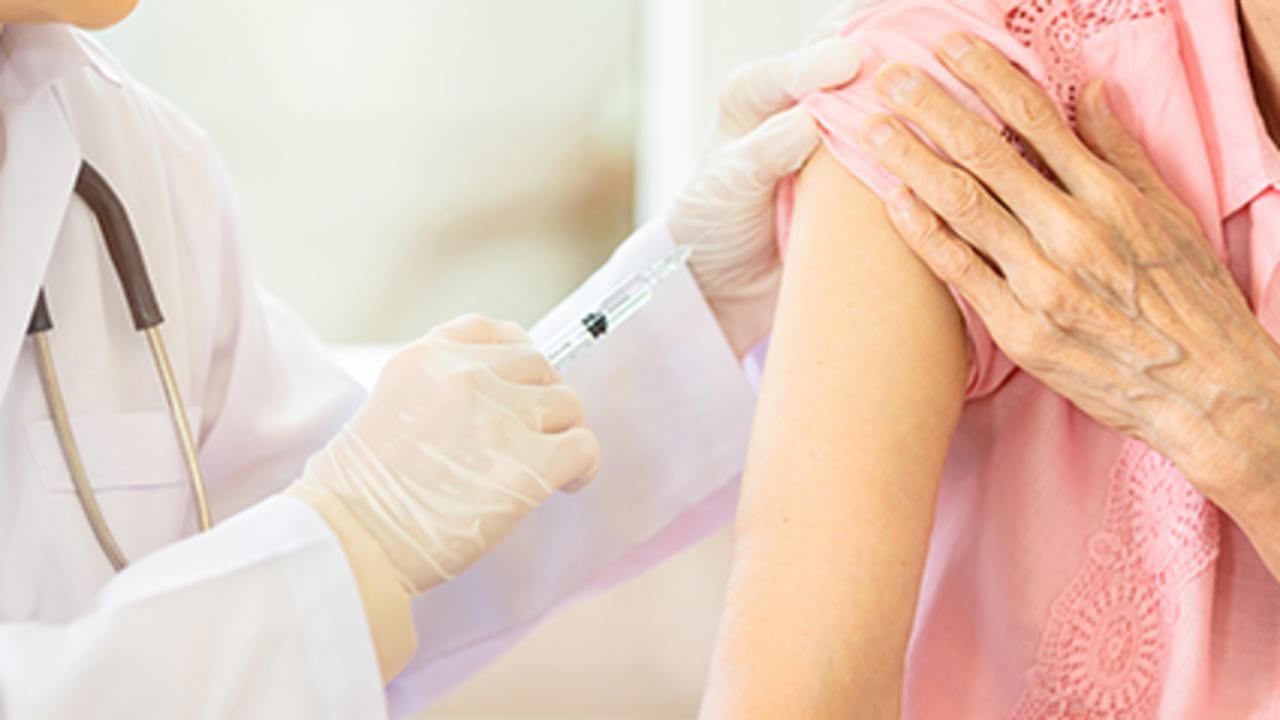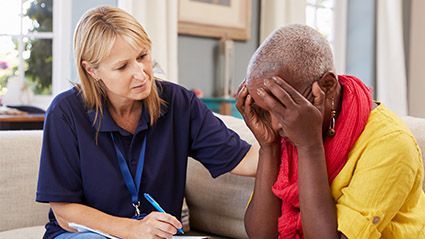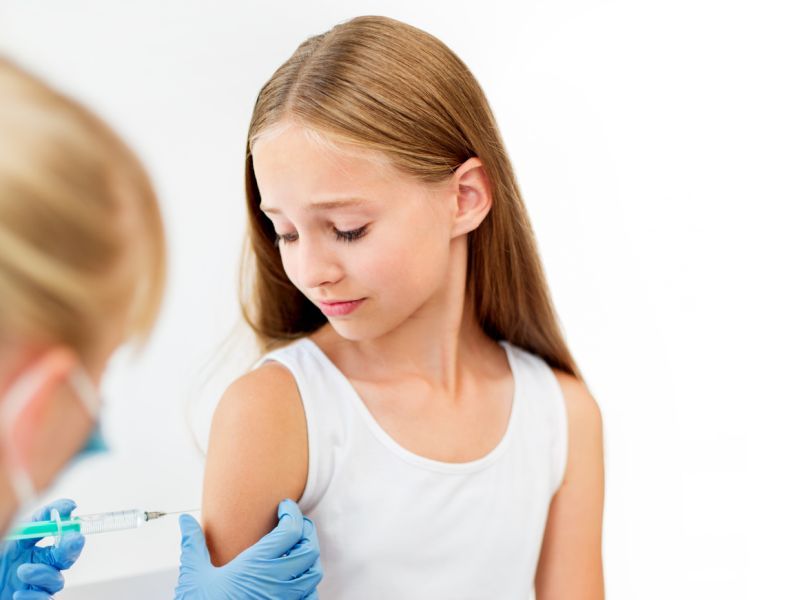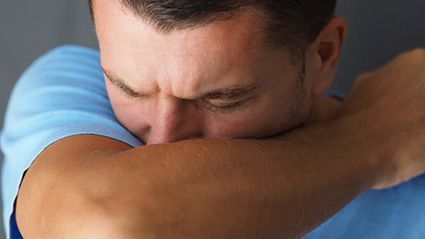
As the United States enters a critical phase of its national coronavirus vaccination campaign, a new poll shows that two-thirds of Americans are frustrated with how hard it is to get immunized against COVID-19. The Gallup Poll, released Wednesday morning, comes as health officials across the country are desperately juggling precious vaccine doses so they… read on > read on >






























